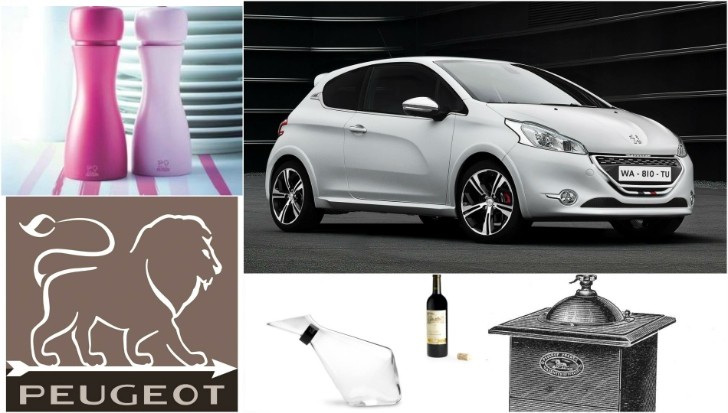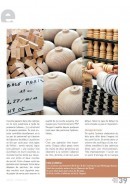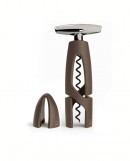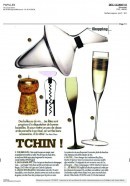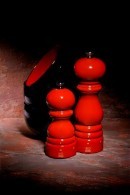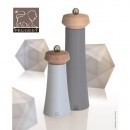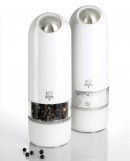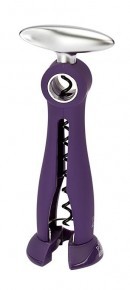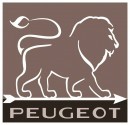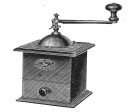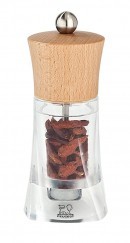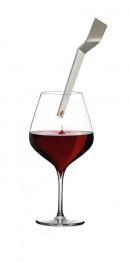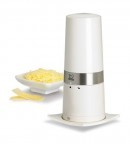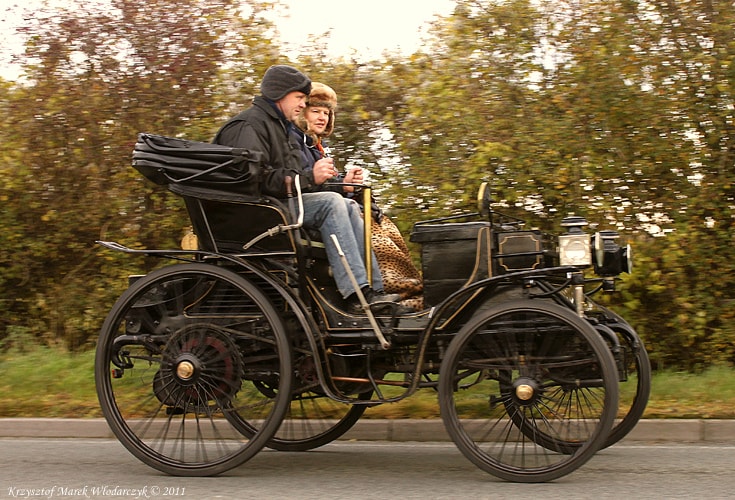Despite suffering huge declines in sales after the financial crisis hit Europe, PSA Peugeot Citroen is still the second largest car company in the region, after Volkswagen. Since the launch of attractively designed new models like the 208 and 308, they have turned a new leaf, culminating with the latter of the two cars winning its title of "Car of the Year 2014".
You really couldn't think of European cars without Peugeot. Models like the 205 GTi or the 504 Coupe have iconic status as classics of their age. From 1999 until 2010, the car brand sold over one million vehicles each year except for 2008. That's a huge number for a product as expensive as an automobile. There's also Citroen to consider and a very large commercial vehicle business. And yet most of the people who bought a Peugeot in that period probably know nothing about the rich history behind that lion logo.
Modern car companies are huge businesses led by complex and difficult to understand corporate hierarchy. And yet when it was founded in 1810, Peugeot was a family business, a coffee grinding company to be more precise.
History tells us the very first Peugeot automobile was put together by Armand Peugeot in 1889. It was a crude tricycle powered by a steam engine. The idea never really got off the ground, but the following year, another one was built using a Daimler engine. Armand frequently clashed with the Peugeot family over the future of the automobile and in 1896, he decided to found a separate company called Société des Automobiles Peugeot.
Like all automobiles of the time, his early works weren't what you'd call a car, not by today's standards. This photo, for example, shows a 1898 Peugeot 6HP, which looks like a bicycle with a couple of chairs driven by a chain and a small motor. But it had promise and over a century later, the company Armand founded makes advanced hybrids, sells cars in China and boasts the highest output 1.6-liter turbo engine on the whole market.
Yet besides the 2014 car of the year, the 1986 6HP also has another successor, which comes in the form a pepper grinder. PSP Peugeot SAS is a medium French company employing about 300 people in the small town of Quingey (overall population of 1361 in 2011). PSP is short for Poivrières Salières Production, which literally translates as pepper salt production. The company traces its roots to 1840, decades before the 6HP took to the road, and even before that, to the first coffee grinders we talked about.
Besides pepper mills, PSP Peugeot also make salt dispensers, spices, cutlery and dedicated accessories to wine tasting, all of which come with a very familiar lion logo, standing on top of an arrow symbol seen of Peugeot cars even until the late 1930s.
Etablissements Peugeot Freres, a holding company of the original founders' heirs, recently took a controlling stake in the pepper grinding business that reported revenue of 27 million euros in 2013. That's is a drop in the ocean compared to PSA Peugeot Citroen though, which had almost 200,000 employees before the economic crisis struck and numbers its euros in the tens of billions.
Not that the Peugeot heirs are enjoying prosperity in the carmaking business. In February 2014, shareholders agreed to a major capital increase to stabilize the company under which Chinese automaker Dongfeng Motors and the French government are each going to receive a 14% stake. The founding family's stake has been diluted from a controlling 25.5% down to just 14.1%.
So why did Peugeot make pepper grinders? It probably had something to do with the revolution in taste, the rise of French cuisine. Before the 1800, cooking food was a messy and somewhat strange business. Royal cooks had the habit of roasting entire animals and covering them with thick sauces. Foods were always made in layers, sometimes with alternating sweet, salty and bitter tastes. The French changed all that by introducing delicacy and the "sincerity of taste". Just like today, dishes in small portions would be served fresh, so they probably needed a pepper grinder in every household.
Like the bicycles, the pepper grinder business will become an ever more insignificant spec on Peugeot's history book. However, it's nice to think that the spice in their design could be born over a century ago.
Modern car companies are huge businesses led by complex and difficult to understand corporate hierarchy. And yet when it was founded in 1810, Peugeot was a family business, a coffee grinding company to be more precise.
History tells us the very first Peugeot automobile was put together by Armand Peugeot in 1889. It was a crude tricycle powered by a steam engine. The idea never really got off the ground, but the following year, another one was built using a Daimler engine. Armand frequently clashed with the Peugeot family over the future of the automobile and in 1896, he decided to found a separate company called Société des Automobiles Peugeot.
Like all automobiles of the time, his early works weren't what you'd call a car, not by today's standards. This photo, for example, shows a 1898 Peugeot 6HP, which looks like a bicycle with a couple of chairs driven by a chain and a small motor. But it had promise and over a century later, the company Armand founded makes advanced hybrids, sells cars in China and boasts the highest output 1.6-liter turbo engine on the whole market.
Yet besides the 2014 car of the year, the 1986 6HP also has another successor, which comes in the form a pepper grinder. PSP Peugeot SAS is a medium French company employing about 300 people in the small town of Quingey (overall population of 1361 in 2011). PSP is short for Poivrières Salières Production, which literally translates as pepper salt production. The company traces its roots to 1840, decades before the 6HP took to the road, and even before that, to the first coffee grinders we talked about.
Besides pepper mills, PSP Peugeot also make salt dispensers, spices, cutlery and dedicated accessories to wine tasting, all of which come with a very familiar lion logo, standing on top of an arrow symbol seen of Peugeot cars even until the late 1930s.
Etablissements Peugeot Freres, a holding company of the original founders' heirs, recently took a controlling stake in the pepper grinding business that reported revenue of 27 million euros in 2013. That's is a drop in the ocean compared to PSA Peugeot Citroen though, which had almost 200,000 employees before the economic crisis struck and numbers its euros in the tens of billions.
Not that the Peugeot heirs are enjoying prosperity in the carmaking business. In February 2014, shareholders agreed to a major capital increase to stabilize the company under which Chinese automaker Dongfeng Motors and the French government are each going to receive a 14% stake. The founding family's stake has been diluted from a controlling 25.5% down to just 14.1%.
So why did Peugeot make pepper grinders? It probably had something to do with the revolution in taste, the rise of French cuisine. Before the 1800, cooking food was a messy and somewhat strange business. Royal cooks had the habit of roasting entire animals and covering them with thick sauces. Foods were always made in layers, sometimes with alternating sweet, salty and bitter tastes. The French changed all that by introducing delicacy and the "sincerity of taste". Just like today, dishes in small portions would be served fresh, so they probably needed a pepper grinder in every household.
Like the bicycles, the pepper grinder business will become an ever more insignificant spec on Peugeot's history book. However, it's nice to think that the spice in their design could be born over a century ago.
